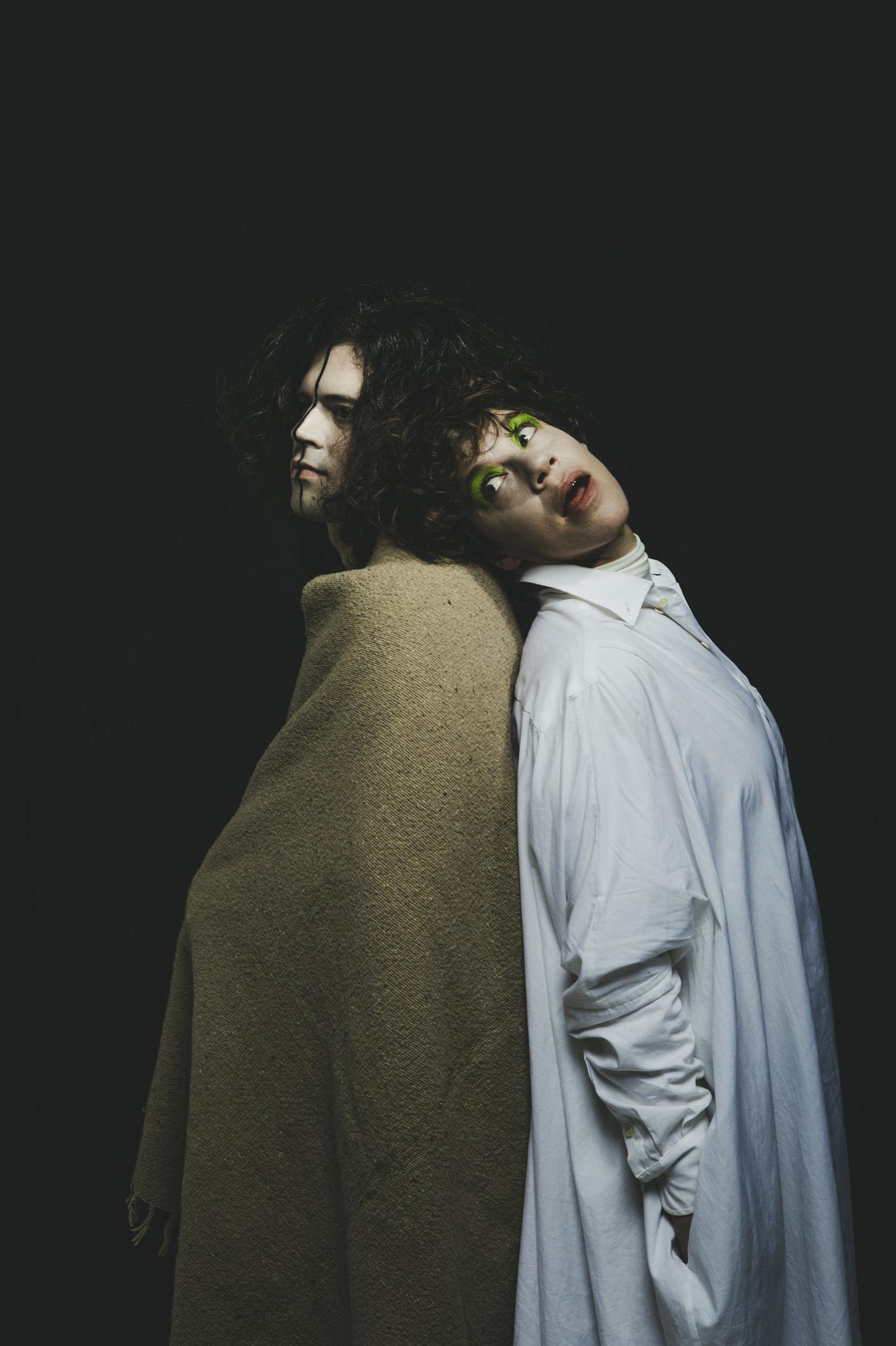Tune-Yards' Merrill Garbus Pierces Her Own Privilege

Here's a fact few white American musicians feel comfortable facing: every kind of American music, from Top-40 pop to high mountain bluegrass, has some root in the work and creativity of people of color. Arguments about appropriation surface most commonly when artists are clearly borrowing from well-known sources; Justin Timberlake's decision to repackage his blue-eyed funk in Ralph Lauren-style quasi-neutrals is the latest example of white performers side-stepping the fact that they owe their very souls to black collaborators, acknowledged or not.
For Merrill Garbus, whose synth-driven mash-ups of global rhythms and art-punk dreams in the duo Tune-Yards have always more openly confronted the issue of appropriation than most, partial acknowledgment of her debts stopped working at a certain point. After the release of 2014's Nikki-Nack, she resolved to face not just her cultural debts, but the ways she'd tried to sweep them to the side, even within the multiculturally savvy sound Tune-Yards embraced. In their new music, she vowed, she and her musical/life partner Nate Brenner would no longer wrap up the issue of white entitlement in a psychic Pendleton blanket.
"For me, it reached a crisis point," Garbus said by phone from her and Brenner's Oakland home earlier this week. "I couldn't not speak about whiteness in my work."
Ever the student, the Smith-educated Garbus, who writes most of Tune-Yards' lyrics, designed an anti-racist curriculum for herself. She attended a six-month anti-racist workshop at the East Bay and explored the activism of Standing Up for Racial Justice, a nationwide, progressive activism network dedicated to "moving white people to act as part of a multi-racial majority." Seeking new musical communities, she learned to DJ. Well aware that her sincerity would seem to some the epitome of white liberal sanctimoniousness, she sat with the discomfort that realization brought, along with many other vexed emotions. And she and Brenner made music, working with a small handful of collaborators to focus and complicate their excited, beat-driven arrangements, building glass houses of sound to better illuminate Garbus's confrontations with her own internalized secrets and lies.
You’re reading a preview, subscribe to read more.
Start your free 30 days

